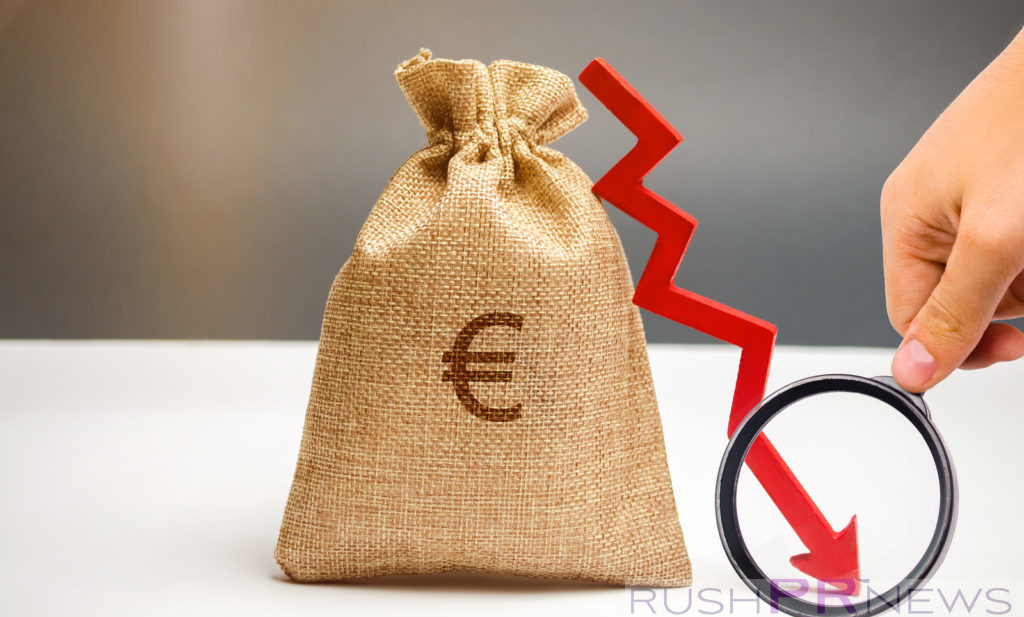The Euro fell to its lowest level against the US Dollar since May 2017 on Friday as a series of weak data releases from the European Union raised the pressure on the single common currency.
In what is traditionally one of the quietest trading periods of the year with many Europeans on holiday and national holidays in both the UK and the US, the few remaining professional forex traders out there saw the EUR/USD plummet to a 2-year low of 1.0965 on Friday afternoon, before staging a late rally to close at 1.0991, down 0.58% for the day.
Despite weak economic data from the US and continuing trade war fears between the US and China, investors saw a slight rise in Germany’s unemployment figures as a signal that the engine room of the European Union project could be in for a possible recession. The German economy, the world’s fourth largest, contracted 0.1% in the second quarter and the Bundesbank is amongst leading institutions anticipating a further contraction in Q3. Consecutive contractions in the economy would meet the accepted definition of a recession. Meanwhile, business confidence declined for fifth successive month and several leading German companies such as Continental and Henkel have reduced their profit expectations for the year.
This past week also saw German Retail sales heavily disappoint, coming out at -2.2% against the expected -1.2%. The weak data indicates that the manufacturing recession in Europe’s largest and most important economy is beginning to spread into consumption.
Eurozone inflation remained below the ECB’s (European Central Bank) target in August, fueling speculation that policy makers will implement a series of monetary measures aimed at boosting growth and prices in the fragile EU. The 1% rate, as per market expectations, was far below the ECB goal of just under 2% and continues the worrying downward trajectory seen over the last few months.
Along with recession fears, Italian bonds saw a decline as the latest political crisis took another turn as officials clashed when attempted to form a new ruling coalition. Ten-year bond yields in the Eurozone’s third largest economy fell below 1% for the first time on record. Prime Minister-designate Giuseppe Conte has until the end of the coming week to forge a coalition that would avert the possibility of fresh elections and further political turmoil.
With a relatively quiet week ahead in the economic calendar, investors will be looking to signs from the ECB as to the next step in their monetary policies, as inflation and trade fears continue to mount.




